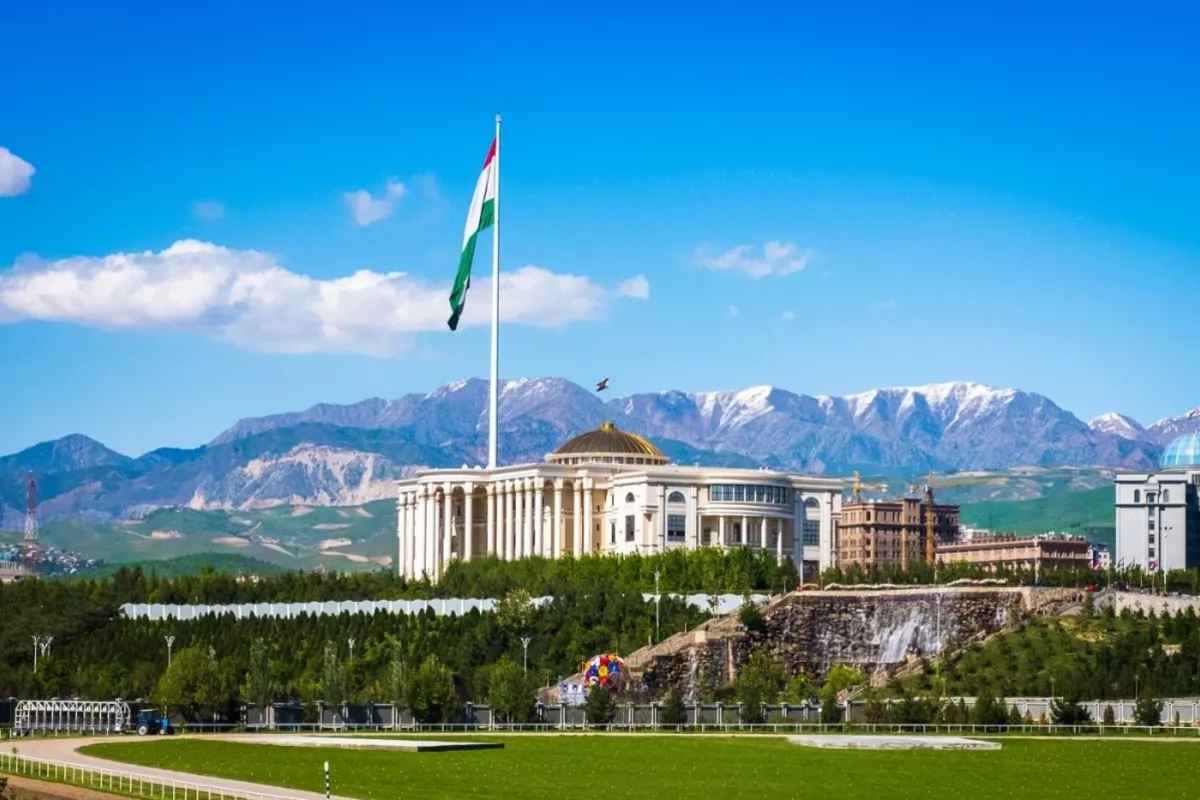
photo: egov.tj
A new global report by the UN Food and Agriculture Organization (FAO) highlights Tajikistan as one of the countries most exposed to soil degradation and rising pressure on agricultural lands.
This vulnerability is largely driven by the extremely small size of the country’s farmland plots, The Caspian Post informs via Tajik media.
Why Tajikistan Is at Risk
With over 1 million rural households - including about 181,000 dehkan farms - land fragmentation is severe.
The average plot is just 0.2 hectares, while the median is 0.1 hectares, meaning half of Tajik farmers cultivate tiny parcels that are difficult to manage efficiently.
FAO notes that Tajik agriculture is constrained not by total land area, but by the quality of soil, access to water, irrigation systems, and technology levels - all of which limit productivity.
Global Trends: More Pressure, Less Land
According to FAO:
95 per cent of the world’s food is grown on agricultural land
Over the past 20 years, cropland expanded by 78 million ha
Pastureland, meanwhile, shrank by 150 million ha
Land degradation now affects 3.2 billion people
Yields in some regions have fallen by at least 10 per cent
Why This Matters for Tajikistan
Tajikistan relies heavily on irrigated agriculture and melting glaciers. With rising risks - drought, water shortages, dust storms - pressure on land is growing faster than in neighboring countries.
Since agriculture remains a major source of income for millions, deteriorating soil quality directly threatens the country’s food security and economic stability.
Small Plots, Big Challenges
FAO highlights a global imbalance:
80 per cent of the world’s farms are under 2 hectares but control only 11-12 per cent of agricultural land
Meanwhile, the largest 1 per cent of farms own about 70 per cent
In Tajikistan, micro-plots make it difficult to use machinery or attract investment, limiting yield potential and slowing rural development.
Share on social media